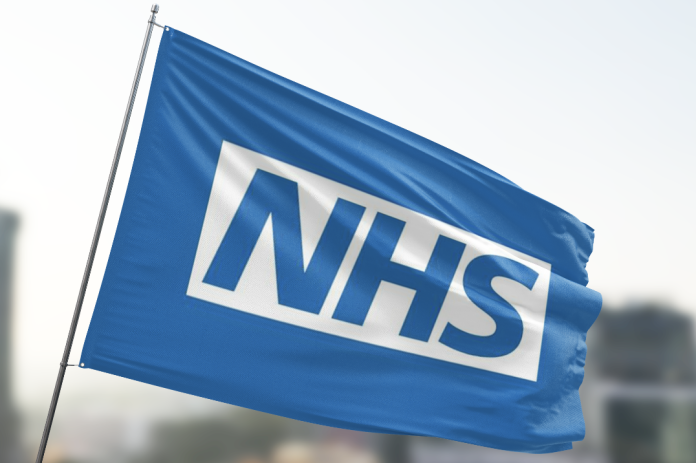The UK’s National Health Service (NHS) is set to take on primary responsibility for coordinating funding for gambling harm treatment under plans from the Department of Media Culture and Sport (DCMS).
In the government’s White Paper on the Gambling Act review, published in April, a key proposal was the implementation of a research, education and treatment (RET) levy, requiring mandatory payments from operators.
Under the DCMS’ latest proposal, published this morning, online gambling operators will pay 1% of gross gambling yield (GGY) annually into the levy, whilst retail betting shops and casinos will pay 0.4%. This difference is based on operating costs and the ‘levels of harmful gambling’ associated with the two respective sectors.
However, the Betting and Gaming Council (BGC), whilst welcoming the levy and noting that it proposed this policy since before the White Paper, has called for the National Lottery to also be included.
“The BGC supports a new mandatory levy – indeed we proposed this to the Government ahead of the White Paper,” a BGC spokesperson remarked.
“Our industry has been the majority funder of RET for over 20 years. However, we believe it should apply to all operators including the National Lottery, without affecting good causes, who are not immune to having problem gamblers gamble with their products like scratch cards and instant win games.
“It must also be applied on a sliding scale, with smaller percentage contributions from land-based operators, including independent betting shops on our high streets that have struggled to recover after the pandemic and incur disproportionately higher fixed costs.
“There must also be adequate oversight to ensure levy funds are only distributed to charities and organisations delivering genuine RET services to ensure long-term, sustainable funding – including protecting existing third sector providers who are already doing vital work and who may now be at risk.”
NHS practitioners underlined the importance of taking direct control of the Levy’s funding structure, needed to expand the network of specialist gambling clinics in the UK.
As planned, later this year the NHS will open new treatment support clinics in Milton Keynes, Thurrock, Derby, Bristol, Liverpool, Blackpool and Sheffield, as policymakers and public health practitioners target a ‘truly national approach‘ to prevention and research.
The government added that a key reason for the levy was the discrepancies between operator donations, with DCMS noting that some companies have been paying ‘as little as £1 to research, prevention and treatment’.
DCMS Secretary Lucy Frazer said: “We are taking the next step in our plan to protect those most at risk of gambling harm with a new levy on gambling operators to pay for treatment and research.
“All gambling operators will be required to pay their fair share and this consultation is an opportunity for the industry, clinicians, those who have experienced gambling harm and the wider public to have their say on how the proposed gambling operator levy should work.
“The introduction of this levy will strengthen the safety net and help deliver our long-term plan to help build stronger communities while allowing millions of people to continue to gamble safely.”
DMCS proposal will now be followed by a consultation period, during which time the UK’s betting and gaming industry and the charity treatment sector – including GambleAware, the current commissioner of UK RET funding – will get to express viewpoints on the matter.
Consultations on the White Paper’s recommendations have been ongoing since July. The first tranche – which focused on finance risk checks, safer game design, in-venue age verification and improving consumer choice on marketing and cross-selling – are set to close tomorrow (18 October).
Stuart Andrew, Gambling Minister, remarked: “We know that gambling addiction can devastate lives, which is why we are working quickly to implement our bold plans for reform.
“This consultation brings us a step closer to being able to provide £100 million of new funding for research, prevention and treatment, including ring fenced investment for the NHS to help gambling addicts.
“Gambling firms should always pay their fair share and this new statutory levy will ensure that they are legally required to do just that.”




























